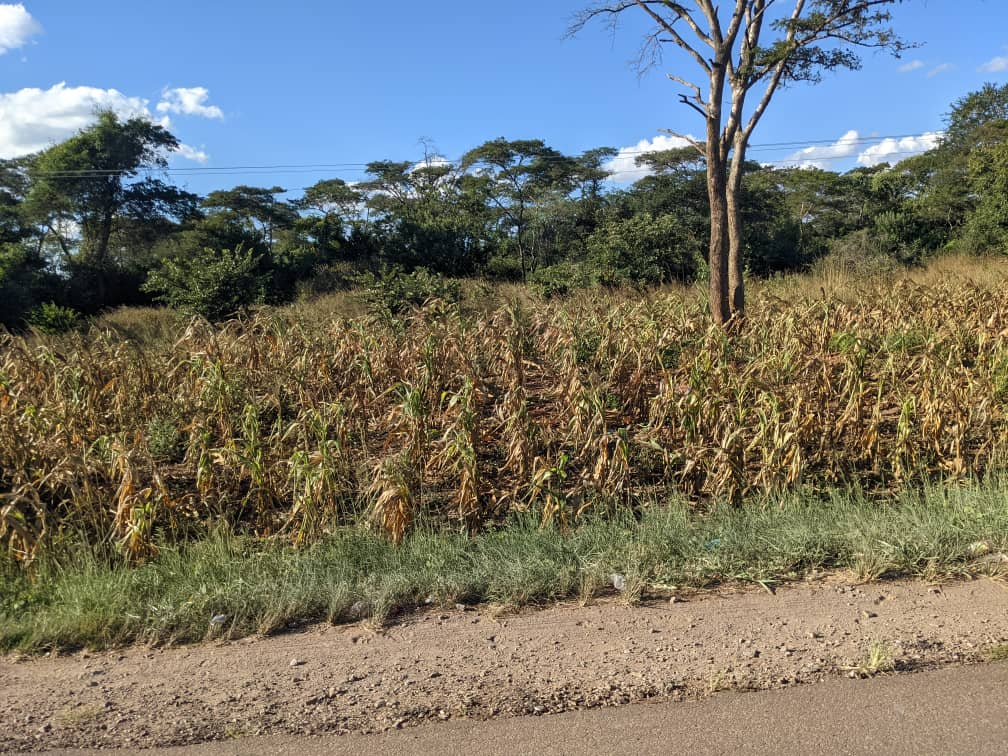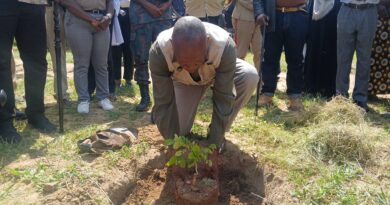Zambia Aims to Reduce Hunger Through Food Loss and Waste Management
Zambia faces a critical challenge: hunger, despite having abundant natural resources. Extreme weather events, worsened by climate change, have devastated agricultural yields, especially maize, a staple food.
Engineer Gabriel Mukuka-PC-SE/CC proposes strategic management of food loss and waste as a key solution to this looming food crisis.
Several factors contribute to Zambia’s food insecurity. Climate change disrupts agricultural production cycles, leading to unpredictable crop yields. The population is rapidly growing, putting a strain on already stretched agricultural resources.
Food loss and waste also have significant economic and social consequences. Wasted food translates to financial losses for farmers and businesses, while also contributing to environmental degradation and malnutrition, especially among vulnerable populations.
To effectively tackle food loss and waste, Zambia needs a multifaceted approach.
First, the government should prioritize creating and implementing tailored food loss and waste policies and strategic plans. These plans should include regulations, incentives, and support mechanisms that encourage sustainable practices and minimize waste.
Second, embracing innovative technologies can significantly reduce food spoilage. Cold storage facilities and digital solutions like blockchain can play a major role. Additionally, efficient irrigation systems and improved post-harvest management techniques are crucial.
Third, investment in farmer education and training programs is essential. Equipping farmers with proper harvesting, storage, and transportation techniques, alongside raising awareness about minimizing food waste, is paramount.
Finally, collaboration between government agencies, NGOs, private sector entities, and international organizations is vital. Combining diverse expertise and resources will enable the development of comprehensive strategies to address the root causes of food loss and waste.
Implementing these strategies is expected to yield significant benefits for Zambia. Reduced food loss will ensure a more reliable food supply, alleviating hunger and malnutrition. A more efficient food system will enhance resilience to future shocks and crises.
Reducing food waste also contributes to environmental sustainability by lowering deforestation rates and greenhouse gas emissions. Streamlining the food supply chain will unlock economic opportunities for farmers and entrepreneurs, fostering growth, particularly in rural areas.
In conclusion, Zambia must prioritize food loss and waste management to combat hunger and agricultural challenges. A comprehensive approach that integrates policy, technology, capacity building, and collaboration is essential for a food-secure future for all Zambians. By leveraging innovative solutions and data-driven strategies, Zambia can overcome food security barriers and build a sustainable future.



